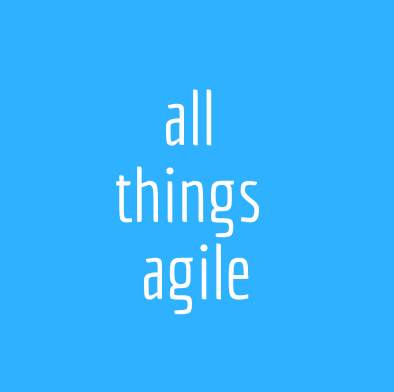Coaching is a whole discipline with its body of knowledge. But these days it is being borrowed as a sought-after skill that most companies ask from their managers and leaders. While I would not think “coaching tips and tricks” transforms anyone in a coach, adopting a “coaching stance” is definitely beneficial because:
- you listen more;
- you develop the person you are coaching, by helping them find the answers by themselves. It makes it a double win;
- you ask more questions and give less advice.
Asking more questions is a great way to make a coachee think deeper, but in the realm of coaching not all questions are created equal. A favorite subset is the so-called open questions. I prefer to call them opening questions as I see them opening avenues and doors once they land.
Without making them too mysterious, I assess great opening questions as those that are lean and free from judgement and full of potential, as in evocative questions.
They are lean
Lean questions, lean emotions. These lean questions convey an inquiry and the true meaning of the inquiry should lie on the coachee, not on the coach. From that statement some people might assume they are random or generic, but a true lean question is born fairly easy when you listen to what the coachee is saying.
As the name might imply, lean questions are short. They do not contain too many words. On that note, you should avoid wrapping your questions with before and after comments and most importantly, avoid piling up questions. That is mostly confusing, overloading and makes the coachee to have to peel them out like onion layers.
They are non judgemental
For a question to have a transformative potential it cannot generate defensive reactions. If someone feels misunderstood, or as if they have to explain themselves, not only the coaching session can be compromised, but sometimes even the trust built between coach and coachee.
Questions starting with Why can do that unintentionally. Why is also hyper-focused on motives, reasons and other things that are usually less factual. Why does not look ahead, it looks back.
While not forbidden, I don’t consider Why as an opening question. Almost any Why question can be rephrased with other interjection, my favorite, most versatile being What.
They are evoking
To evoke means bring to the conscious mind. Questions that are evoking de-clutter thoughts and feelings. They can even create imagery of what happened but mostly, of what is possible. Scenarios, metaphors and creative inspiration are great alternatives as short and simple questions that offer a world of possibilities for the coachee to explore.
Example of opening questions
Now, after all that was said, nothing better than real references of opening questions. Let’s make them lean, non judgemental and as evoking as possible. Here are some non extensive examples:
WHERE
Where does that take you?
Where can you find some answers?
Where do you want to go?
Where does this belief come from?
WHEN
When did it start?
When do you think you will be ready?
When are you going to begin doing it?
When is it enough?
WHO
Who is an ally/ supporter for this idea?
Who do you want to become?
Who are you now?
Who can help?
Who can you talk to?
HOW
How will you know?
How far are we allowed to go?
How will you approach the situation?
How will it be changed?
How is this affecting you?
How is this a problem?
How can we look at this from another perspective?
How did it go?
Little disclaimer. On the Lean question, Lean emotion aspect, I would take a question such as
How did it feel?
and rephrase it as
How did it land?
Mostly because the first naturally calls for emotions, which takes us away of our analytical mindset. As an Agile coach, I am not a therapist or experienced in helping people manage their own emotions, despite my amateur enthusiasm on the subject. The second question tells a story, in which some emotion might appear but not dominate. But hey, a story? I can work with that!
WHAT
What are you prepared to give?
What do I need to know?
What are you going to do?
What is the next step?
What is happening here?
What is the best/worst that can happen?
What have you tried? What can you try?
What is not being said?
What is your big challenge?
What if you had a magic wand?
What do you need from me?
… and WHY
Why did you do this?
Why do you think this happened?
Why could you not stop?
Why that reaction?
Why did you say that?
Why?
Do you think you want to keep WHY questions on the list of opening questions? Given all I said before, I would not. Leave a comment on your thoughts.
If you want to tap into your own personal creativity, get a practice sheet of opening questions here.
Edit on Feb 18, 2021: I also made a video where I explore some common pitfalls when asking coaching questions. I’ve been there and committed all of those before!
Now go ask some questions!



